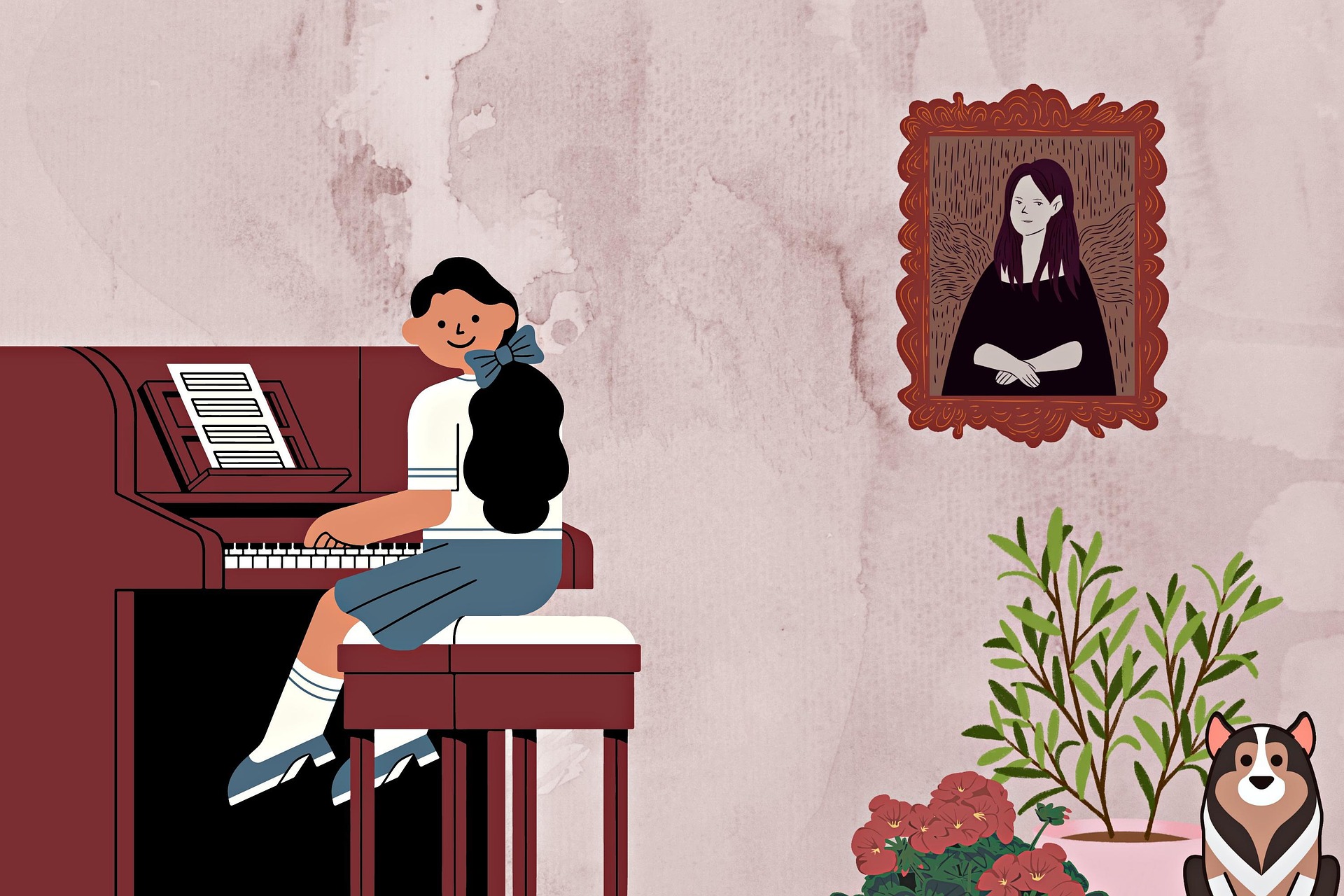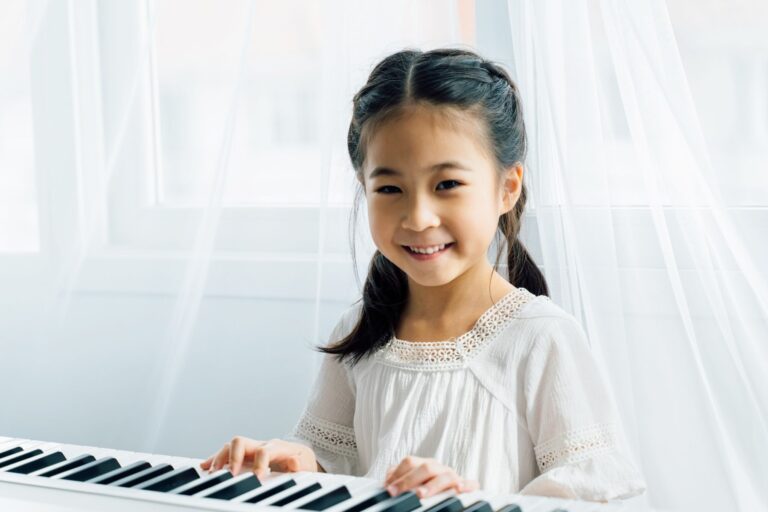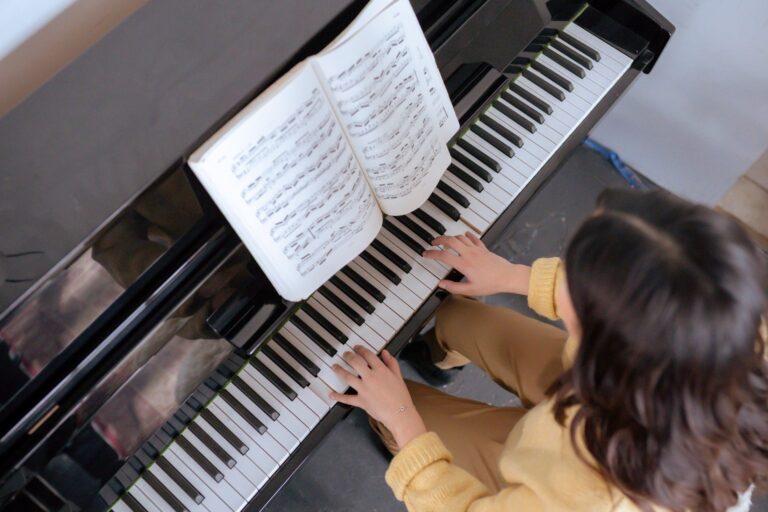At eduMuse Studio, we believe music is more than just playing the right notes, it’s about connection, expression, and growth. Whether you’re a child picking up your first instrument or an adult rediscovering music, one thing always matters, motivation.
As a music school in Singapore offering piano, violin, cello and even guitar lessons for all ages, we see firsthand how motivation shapes every student’s journey. That’s why we need to understand music psychology for insights that help us teach in ways that encourage, and empower.
Intrinsic vs. Extrinsic Motivation
Motivation can come from within or be influenced by outside factors. Here’s how we understand both:
- Intrinsic motivation comes from personal enjoyment and a love for music. We’ve had adult students join our EduMuse Violin Class because they heard a beautiful piece and felt very touched by the instrument and its sound. That spark is powerful, it drives real commitment in making them sign up for classes.
- Extrinsic motivation, on the other hand, may come from rewards or expectations. For example, a child might practise harder if they were promised a new phone for getting a distinction in their Grade 5 piano exam.
While external goals can help, we always work to nurture deeper, lasting motivation too.

What Influences Music Motivation?
At eduMuse, we’re always paying attention to what helps our students stay inspired, here are three big factors we focus on:
- Personal traits
Some learners are naturally curious, open, or resilient. We teach our students (especially kids) that mistakes are part of learning. In every guitar lesson or piano class, we encourage a mindset where failure is just a step toward progress. - Supportive environment
A safe, encouraging space makes all the difference. Our teachers are trained not just in music, but in creating a positive classroom experience. Whether it’s a 6-year-old’s first EduMuse Piano Lesson or a teen’s intermediate Guitar Class, we listen closely, welcome questions, and give every student the freedom to express themselves fully. - Emotional connection
Music is emotional. We’ve seen students light up when they connect with a piece, and that’s when their practice becomes joyful. At eduMuse, we always remind our students that it’s not just about exams.
It’s about connecting with the music emotionally that they receive more satisfaction.
How We Apply Music Psychology at eduMuse
Understanding music motivation has practical implications for musicians, educators, and music therapists:
- Goal-setting with purpose
We set clear, personal goals with each student. Maybe that’s perfecting a bowing technique in violin class, or finally mastering the left-hand pattern in a favourite pop song during piano lessons. We also address emotional well-being to help prevent burnout, especially in exam periods. - Creating a supportive space where students thrive
We use positive strategies tailored to each individual, to promote autonomy, competence and connection. That could be encouraging self-talk, or giving students space to share why they’re struggling with practice at home. - Bringing back the joy
We let students explore music they love, even if it’s outside the syllabus. Letting a student choose a favourite anime theme or pop song to play can reignite their passion.
Because at the end of the day, the core of learning music and art, is the ability to connect with oneself and express freely.
By weaving insights from music psychology into our teaching, we aim to create a space where every student feels encouraged to explore, express, and grow.
With the right support and motivation, music becomes more than just a skill—it becomes a lifelong source of joy and connection.


